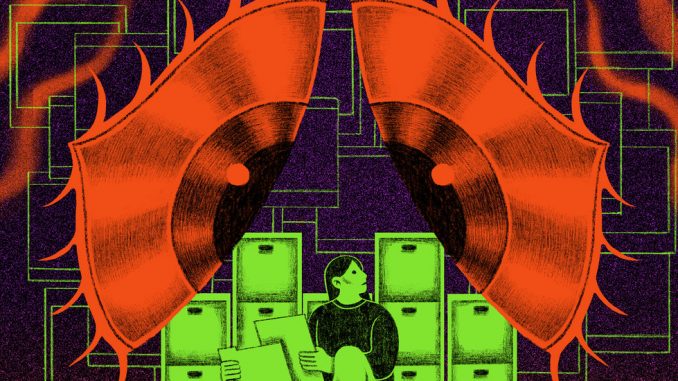
In 1967, in the landmark case United States v. Katz, the Supreme Court ruled that those protections applied to phone conversations, and not just in the privacy of your own home but even in a public phone booth or any other setting where you could reasonably expect privacy. Nearly a decade later, in the 1976 case United States v. Miller, the Supreme Court clarified that when people voluntarily turned over information to a third party (in this case, a bank) they could no longer reasonably expect it to be kept private and therefore forfeited their Fourth Amendment protections, a principle known as the third-party doctrine.
Source: Opinion | Losing Our Fourth Amendment Data Protection – The New York Times